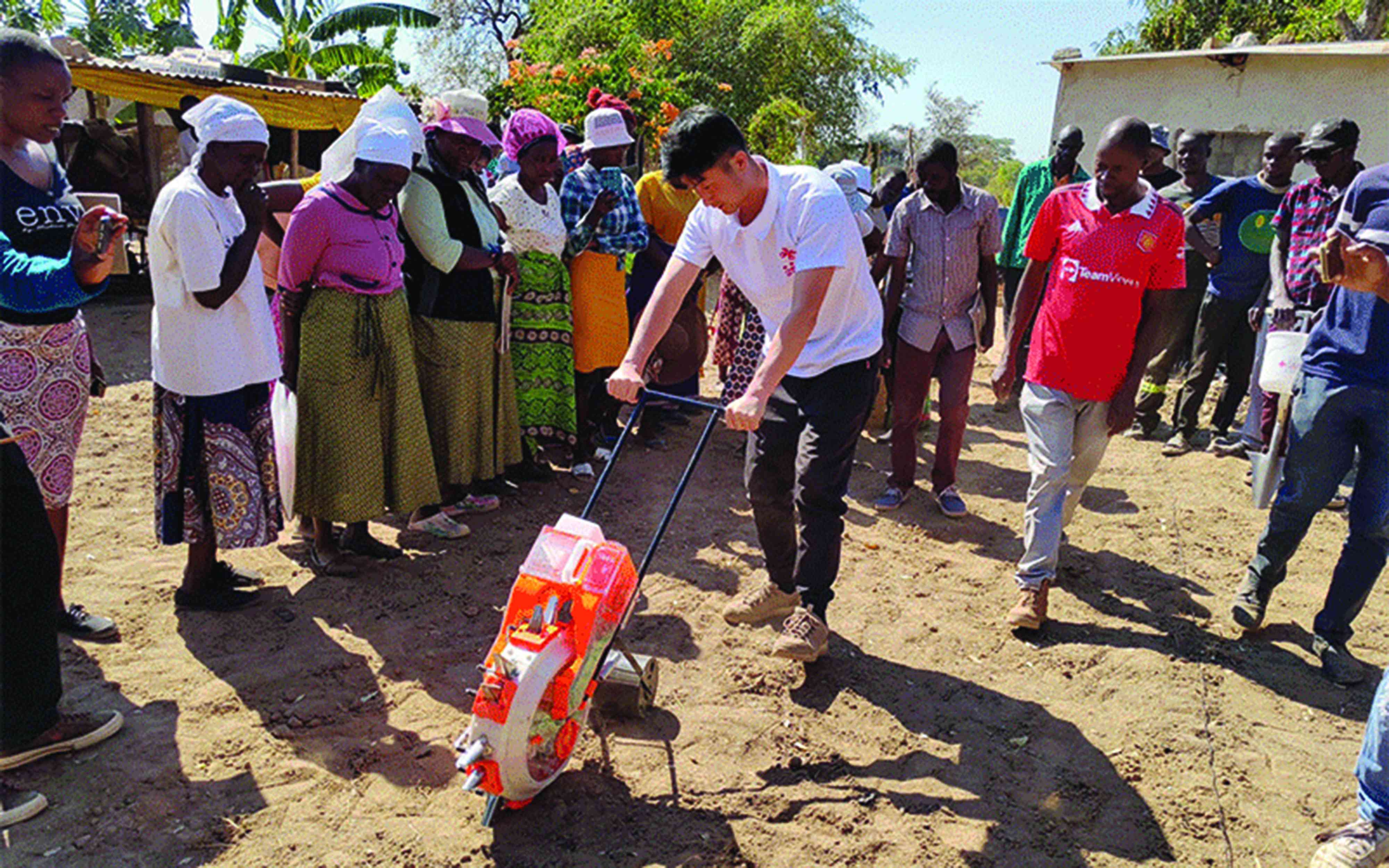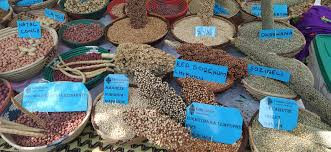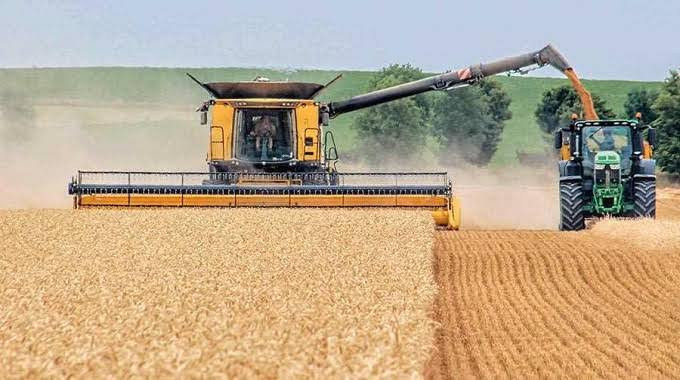
SHAMVA district small-scale farmers are managing to sustain themselves through a Chinese agricultural initiative that teaches self-reliance in agricultural activities, it has been revealed.
The initiative was launched last year to equip villagers with knowledge to sustain themselves using newer technologies, in line with the government policy of industrialising rural development.
In the district’s Zindi village, village head Waveson Zindi told NewsDay Farming that the initiative allows him to grow crops throughout the year as it teaches him how to use new agricultural tools and technologies.
“I’m really grateful for the new agricultural technologies that have been provided. These tools and techniques have made a significant difference in my farming practices,” he said.
“With drip irrigation, I can now grow crops throughout the year, even during dry seasons. The agricultural machinery has made fieldwork much faster and less exhausting, allowing me to focus on other tasks.”
Added Zindi: “The training sessions taught me new skills like producing organic fertiliser and raising chickens alongside my crops, which has diversified my income and improved my family’s quality of life.
“Joining the farmers’ club has also been invaluable — working with others and sharing experiences has given me more confidence in trying new methods.
“Overall, these technologies have not only improved my farm’s productivity, but also given me hope for a better future for my family and our community.”
- Teachers, other civil servants face off
- Veld fire management strategies for 2022
- Magistrate in court for abuse of power
- Vungu Dam water treatment and irrigation project takes off
Keep Reading
Last year, China Aid agricultural experts launched a new agricultural demonstration centre in the Zindi village, aimed at equipping smallholder farmers with skills in crop and manure production.
One of these experts, Zhao Ke, said their training was yielding positive results as villagers were now reaping the benefits of the training programme, leading to over 85 households benefiting.
Zhao added that they managed to drill boreholes and install a solar system to support the villagers with water through irrigation.
“We have drilled three boreholes in Zindi, solarised two of them and installed five water tanks with a total capacity of 25 000 litres,” Zhao said.
“This infrastructure supports 85 households and irrigates a three-hectare field. We also built a chicken house with a capacity of 3 000 chickens.
“Additionally, we plan to solarise another borehole with a capacity of 3 600 litres per hour and install six water tanks with a combined capacity of 3 000 litres to support irrigation for 14 households.”
He said they established a farmers’ club, comprising 53 planting farmers and 13 poultry-feeding farmers.
“We installed drip irrigation systems in the demonstration field, enabling it to be cultivated year-round, regardless of dry or rainy conditions,” Zhao said.
China Aid trained farmers to plant maize and vegetables, produce organic fertiliser and feed for chickens and cattle.
“Farmers now utilise advanced agricultural machinery, which has reduced manual labour and increased productivity,” Zhao said.
“Drip irrigation system enables farmers to cultivate crops throughout the year, regardless of seasonal droughts or heavy rains.”
He said farmers had since expanded traditional farming to include vegetables, poultry farming and organic fertiliser production, resulting in diversified income streams.











